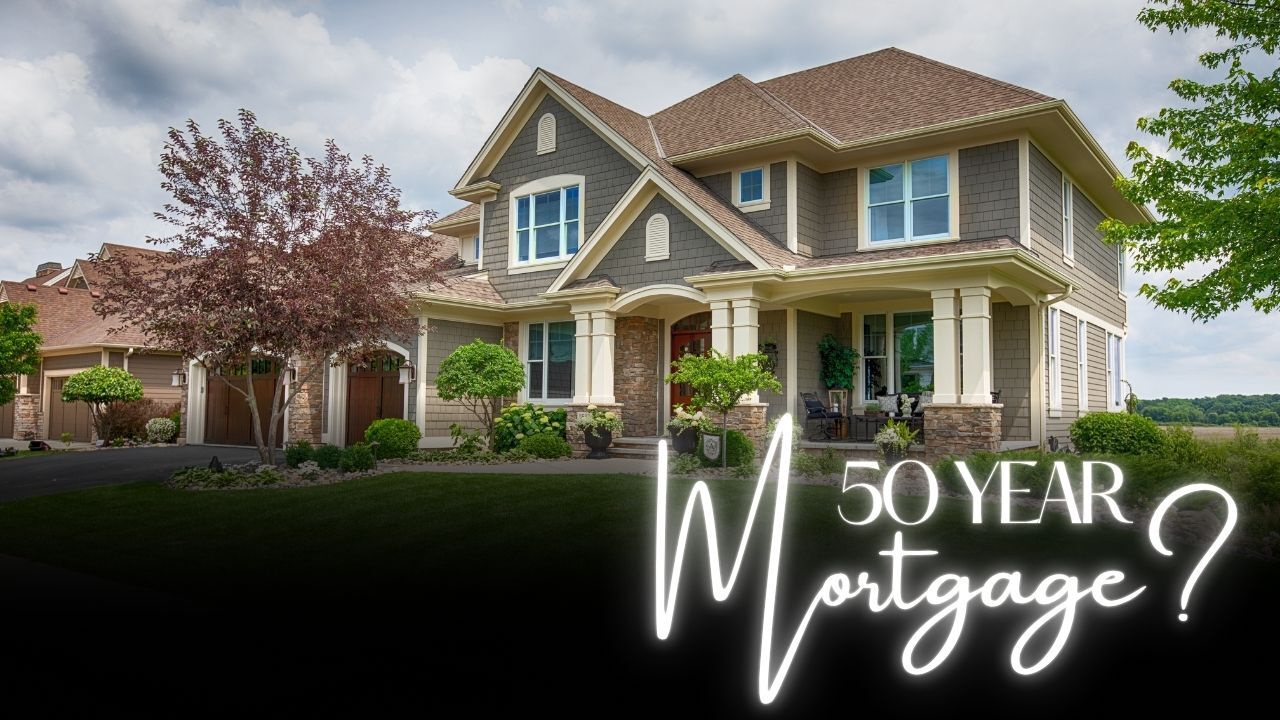Understanding the Conversation Around Longer Mortgage Terms
 The idea of extending mortgage terms well beyond the traditional thirty years is gaining new attention. With rising home prices and tightened affordability, many buyers are wondering whether a much longer loan could help lower the monthly payment enough to make homeownership more achievable. Before deciding if this type of option makes sense, it is important to look at why the concept is being discussed and what it could mean for buyers in the real world.
The idea of extending mortgage terms well beyond the traditional thirty years is gaining new attention. With rising home prices and tightened affordability, many buyers are wondering whether a much longer loan could help lower the monthly payment enough to make homeownership more achievable. Before deciding if this type of option makes sense, it is important to look at why the concept is being discussed and what it could mean for buyers in the real world.
Why Longer Mortgage Terms Are Being Discussed
The primary reason is affordability. Home prices have increased across many markets, and even with modest rate improvements, buyers still feel squeezed. A loan that stretches across five decades would lower the monthly payment by spreading the balance over a longer period. This can help certain buyers qualify more easily, particularly those facing high living costs or limited savings.
How Longer Terms Affect Monthly Payments
A longer loan term does offer short term relief. By dividing payments across additional years, the monthly cost drops. On a large loan amount, the difference can be a few hundred dollars per month. That amount can make a real impact on a household budget, especially for first time buyers who are navigating both loan approval and the ongoing cost of owning a home.
The Hidden Cost Over Time
The tradeoff is significant. A lower payment today means higher total interest paid over the full life of the loan. Equity builds at a much slower pace, and borrowers can remain close to the original loan balance for many years. This can affect future financial decisions, including refinancing or selling the home. Lower payments offer comfort, but the long-term numbers still matter.
Will Longer Mortgage Terms Become Common
Right now, the idea of a fifty-year mortgage is still a discussion rather than a standard lending option. Current guidelines for most traditional loans go up to thirty years, and some private programs extend to forty. Moving beyond that would require cooperation across agencies and lenders, and it may only apply to specific loan types if it becomes available at all.
What Buyers Should Do Today
Even without a fifty-year option on the market, buyers can still take steps to improve monthly affordability. Rate buydowns, adjustable-rate programs, and down payment assistance can make a meaningful difference. A conversation with a loan professional can reveal programs that fit both present needs and long-term goals. Understanding the full cost of the mortgage, not just the payment, remains essential.
The bottom line is simple: longer mortgage terms may help with monthly affordability, but they come with long-term financial considerations. Staying informed and exploring all available options is the best path forward for any buyer.

 Many retirees still dream of owning a new home, whether to downsize, move closer to family, or enjoy a change of scenery. While retirement often means leaving behind a steady paycheck, it does not have to mean leaving behind the dream of homeownership. Lenders understand that retirees have unique financial situations, and there are several mortgage options available to help make that next move possible.
Many retirees still dream of owning a new home, whether to downsize, move closer to family, or enjoy a change of scenery. While retirement often means leaving behind a steady paycheck, it does not have to mean leaving behind the dream of homeownership. Lenders understand that retirees have unique financial situations, and there are several mortgage options available to help make that next move possible. Traditional mortgages are not the only way to finance a home. For buyers who want more flexibility or who face unique financial circumstances, creative mortgage options can provide alternative pathways to homeownership. These products are not always as well-known as standard fixed-rate loans, but they can be powerful tools when used wisely.
Traditional mortgages are not the only way to finance a home. For buyers who want more flexibility or who face unique financial circumstances, creative mortgage options can provide alternative pathways to homeownership. These products are not always as well-known as standard fixed-rate loans, but they can be powerful tools when used wisely.